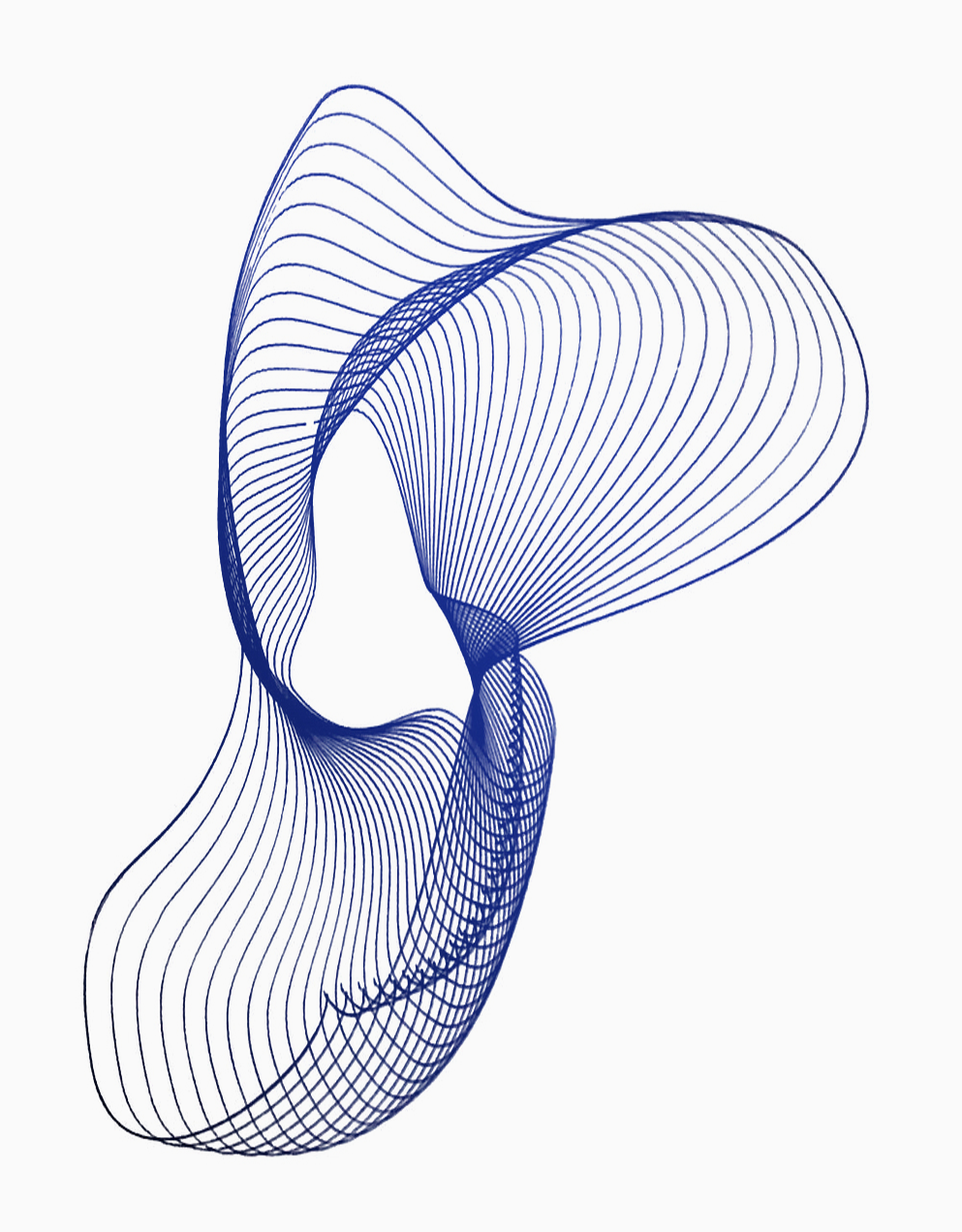Krouska, Akrivi; Kabassi, Katerina; Troussas, Christos; Sgouropoulou, Cleo
Personalizing Environmental Awareness through Smartphones Using AHP and PROMETHEE II Journal Article
In: Future Internet, vol. 14, no. 2, pp. 66, 2022, ISSN: 1999-5903.
@article{2022,
title = {Personalizing Environmental Awareness through Smartphones Using AHP and PROMETHEE II},
author = {Akrivi Krouska and Katerina Kabassi and Christos Troussas and Cleo Sgouropoulou},
url = {http://dx.doi.org/10.3390/fi14020066},
doi = {10.3390/fi14020066},
issn = {1999-5903},
year = {2022},
date = {2022-02-01},
journal = {Future Internet},
volume = {14},
number = {2},
pages = {66},
publisher = {MDPI AG},
keywords = {},
pubstate = {published},
tppubtype = {article}
}
Kanetaki, Zoe; Stergiou, Constantinos; Bekas, Georgios; Troussas, Christos; Sgouropoulou, Cleo
Evaluating Remote Task Assignment of an Online Engineering Module through Data Mining in a Virtual Communication Platform Environment Journal Article
In: Electronics, vol. 11, no. 1, pp. 158, 2022, ISSN: 2079-9292.
@article{2022c,
title = {Evaluating Remote Task Assignment of an Online Engineering Module through Data Mining in a Virtual Communication Platform Environment},
author = {Zoe Kanetaki and Constantinos Stergiou and Georgios Bekas and Christos Troussas and Cleo Sgouropoulou},
url = {http://dx.doi.org/10.3390/electronics11010158},
doi = {10.3390/electronics11010158},
issn = {2079-9292},
year = {2022},
date = {2022-01-01},
journal = {Electronics},
volume = {11},
number = {1},
pages = {158},
publisher = {MDPI AG},
keywords = {},
pubstate = {published},
tppubtype = {article}
}
Troussas, Christos; Krouska, Akrivi; Sgouropoulou, Cleo
Enriching Mobile Learning Software with Interactive Activities and Motivational Feedback for Advancing Users’ High-Level Cognitive Skills Journal Article
In: Computers, vol. 11, no. 2, pp. 18, 2022, ISSN: 2073-431X.
@article{2022b,
title = {Enriching Mobile Learning Software with Interactive Activities and Motivational Feedback for Advancing Users’ High-Level Cognitive Skills},
author = {Christos Troussas and Akrivi Krouska and Cleo Sgouropoulou},
url = {http://dx.doi.org/10.3390/computers11020018},
doi = {10.3390/computers11020018},
issn = {2073-431X},
year = {2022},
date = {2022-01-01},
journal = {Computers},
volume = {11},
number = {2},
pages = {18},
publisher = {MDPI AG},
keywords = {},
pubstate = {published},
tppubtype = {article}
}
Kanetaki, Zoe; Stergiou, Constantinos; Bekas, Georgios; Troussas, Christos; Sgouropoulou, Cleo
Analysis of Engineering Student Data in Online Higher Education During the COVID-19 Pandemic Journal Article
In: International Journal of Engineering Pedagogy (iJEP), vol. 11, no. 6, pp. pp. 27–49, 2021.
@article{Kanetaki_Stergiou_Bekas_Troussas_Sgouropoulou_2021,
title = {Analysis of Engineering Student Data in Online Higher Education During the COVID-19 Pandemic},
author = {Zoe Kanetaki and Constantinos Stergiou and Georgios Bekas and Christos Troussas and Cleo Sgouropoulou},
url = {https://online-journals.org/index.php/i-jep/article/view/23259},
doi = {10.3991/ijep.v11i6.23259},
year = {2021},
date = {2021-12-01},
journal = {International Journal of Engineering Pedagogy (iJEP)},
volume = {11},
number = {6},
pages = {pp. 27–49},
keywords = {},
pubstate = {published},
tppubtype = {article}
}
Krouska, A.; Troussas, Ch.; Sgouropoulou, C.
A Cognitive Diagnostic Module Based on the Repair Theory for a Personalized User Experience in E-Learning Software Journal Article
In: Computers , vol. 10, no. 11, pp. 140, 2021.
@article{Krouska2021b,
title = {A Cognitive Diagnostic Module Based on the Repair Theory for a Personalized User Experience in E-Learning Software},
author = {A. Krouska and Ch. Troussas and C. Sgouropoulou},
doi = {https://doi.org/10.3390/computers10110140},
year = {2021},
date = {2021-10-29},
urldate = {2021-10-29},
journal = {Computers },
volume = {10},
number = {11},
pages = {140},
abstract = {This paper presents a novel cognitive diagnostic module which is incorporated in e-learning software for the tutoring of the markup language HTML. The system is responsible for detecting the learners’ cognitive bugs and delivering personalized guidance. The novelty of this approach is that it is based on the Repair theory that incorporates additional features, such as student negligence and test completion times, in its diagnostic mechanism; also, it employs a recommender module that suggests students optimal learning paths based on their misconceptions using descriptive test feedback and adaptability of learning content. Considering the Repair theory, the diagnostic mechanism uses a library of error correction rules to explain the cause of errors observed by the student during the assessment. This library covers common errors, creating a hypothesis space in that way. Therefore, the test items are expanded, so that they belong to the hypothesis space. Both the system and the cognitive diagnostic tool were evaluated with promising results, showing that they offer a personalized experience to learners.},
keywords = {},
pubstate = {published},
tppubtype = {article}
}

The “Educational Technology and Electronic e-Learning Systems” Laboratory of the Department of Computer Science and Computer Science is an important pole of research, development, synergy and excellence in the axes and sub-disciplines of educational technology and technology learning systems with proven activity in resource recovery European and national programs, organization of international conference representatives, national representation in European and international Standardization-organisms in the field of learning technologies, participation in committees of national training organizations and lifelong learning (Education Policy Institute).

